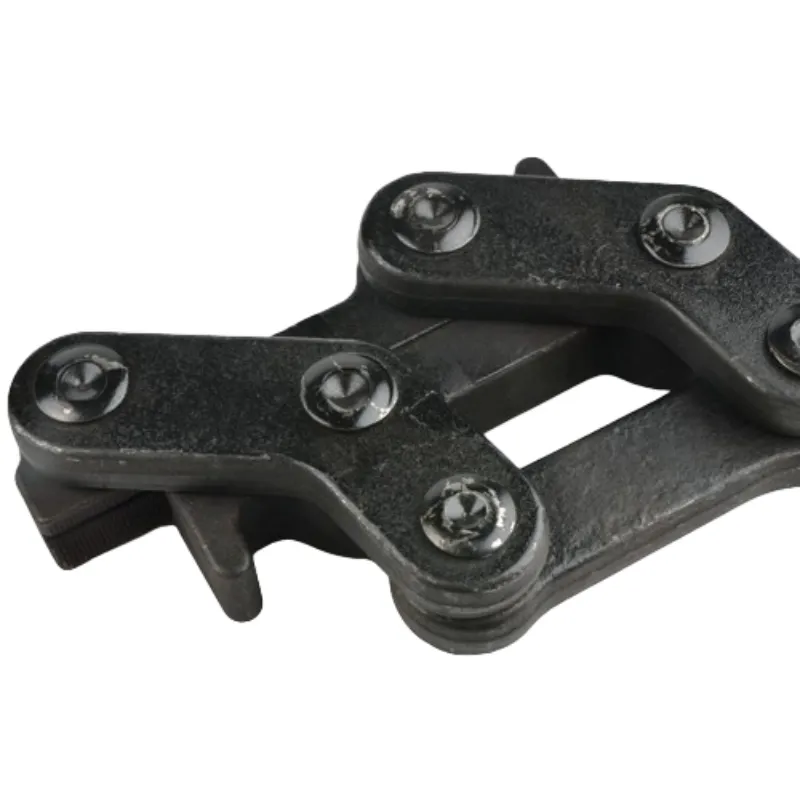
-
 Afrikaans
Afrikaans -
 Albanian
Albanian -
 Amharic
Amharic -
 Arabic
Arabic -
 Armenian
Armenian -
 Azerbaijani
Azerbaijani -
 Basque
Basque -
 Belarusian
Belarusian -
 Bengali
Bengali -
 Bosnian
Bosnian -
 Bulgarian
Bulgarian -
 Catalan
Catalan -
 Cebuano
Cebuano -
 Corsican
Corsican -
 Croatian
Croatian -
 Czech
Czech -
 Danish
Danish -
 Dutch
Dutch -
 English
English -
 Esperanto
Esperanto -
 Estonian
Estonian -
 Finnish
Finnish -
 French
French -
 Frisian
Frisian -
 Galician
Galician -
 Georgian
Georgian -
 German
German -
 Greek
Greek -
 Gujarati
Gujarati -
 Haitian Creole
Haitian Creole -
 hausa
hausa -
 hawaiian
hawaiian -
 Hebrew
Hebrew -
 Hindi
Hindi -
 Miao
Miao -
 Hungarian
Hungarian -
 Icelandic
Icelandic -
 igbo
igbo -
 Indonesian
Indonesian -
 irish
irish -
 Italian
Italian -
 Japanese
Japanese -
 Javanese
Javanese -
 Kannada
Kannada -
 kazakh
kazakh -
 Khmer
Khmer -
 Rwandese
Rwandese -
 Korean
Korean -
 Kurdish
Kurdish -
 Kyrgyz
Kyrgyz -
 Lao
Lao -
 Latin
Latin -
 Latvian
Latvian -
 Lithuanian
Lithuanian -
 Luxembourgish
Luxembourgish -
 Macedonian
Macedonian -
 Malgashi
Malgashi -
 Malay
Malay -
 Malayalam
Malayalam -
 Maltese
Maltese -
 Maori
Maori -
 Marathi
Marathi -
 Mongolian
Mongolian -
 Myanmar
Myanmar -
 Nepali
Nepali -
 Norwegian
Norwegian -
 Norwegian
Norwegian -
 Occitan
Occitan -
 Pashto
Pashto -
 Persian
Persian -
 Polish
Polish -
 Portuguese
Portuguese -
 Punjabi
Punjabi -
 Romanian
Romanian -
 Russian
Russian -
 Samoan
Samoan -
 Scottish Gaelic
Scottish Gaelic -
 Serbian
Serbian -
 Sesotho
Sesotho -
 Shona
Shona -
 Sindhi
Sindhi -
 Sinhala
Sinhala -
 Slovak
Slovak -
 Slovenian
Slovenian -
 Somali
Somali -
 Spanish
Spanish -
 Sundanese
Sundanese -
 Swahili
Swahili -
 Swedish
Swedish -
 Tagalog
Tagalog -
 Tajik
Tajik -
 Tamil
Tamil -
 Tatar
Tatar -
 Telugu
Telugu -
 Thai
Thai -
 Turkish
Turkish -
 Turkmen
Turkmen -
 Ukrainian
Ukrainian -
 Urdu
Urdu -
 Uighur
Uighur -
 Uzbek
Uzbek -
 Vietnamese
Vietnamese -
 Welsh
Welsh -
 Bantu
Bantu -
 Yiddish
Yiddish -
 Yoruba
Yoruba -
 Zulu
Zulu


Oct . 31, 2024 14:02 Back to list
Ground Rod Measurement Tool for Accurate Electrical Grounding Assessment
Understanding Ground Rod Meters Essential Tools for Electrical Safety
Ground rod meters are specialized instruments designed to measure the resistance of grounding systems, specifically ground rods. Proper grounding is crucial for electrical safety, helping to prevent electrical shock and equipment damage. Ground rod meters allow electricians and engineers to assess the effectiveness of grounding systems in various installations, ensuring compliance with safety standards and regulations.
A ground rod is typically a conductive rod, usually made of copper or galvanized steel, that is driven into the earth. Its primary function is to dissipate electrical charges safely into the ground. The resistance of this connection has a direct impact on its effectiveness. Ideally, a ground rod should have a low resistance, generally below 25 ohms; however, the acceptable resistance level may vary depending on local codes and specific installation requirements.
To measure this resistance, a ground rod meter functions by sending a small current through the ground rod and measuring the resulting voltage drop. The meter then uses Ohm's law to calculate the resistance. Most ground rod meters come with various features, including digital displays, automatic range selection, and data logging capabilities, making them user-friendly and efficient.
ground rod meter

Ground rod meters play a vital role in the maintenance of electrical systems in residential, commercial, and industrial settings. Regular testing helps to identify potential issues, such as corrosion of the ground rod or connections that may increase resistance over time. By addressing these problems, technicians can mitigate the risks associated with faulty grounding, ultimately protecting both people and property.
In today’s world, where electrical systems are pivotal for everyday activities, the importance of proper grounding cannot be overstated. Ground rod meters provide a straightforward means of ensuring that grounding systems are effective and compliant. By investing time in routine checks and utilizing ground rod meters, individuals and organizations can bolster their electrical safety measures and enhance the reliability of their electrical systems.
In conclusion, the use of ground rod meters is an essential practice for anyone involved in electrical installations and maintenance. These devices not only contribute to a safe working environment but also promote the longevity and performance of electrical systems. Emphasizing the importance of proper grounding and testing can lead to significant improvements in overall electrical safety standards.
Latest news
What Are Construction Tools and How Are They Used?
NewsJul.11,2025
Professional-Grade Duct Rodding Tools for Superior Cable Installation
NewsJul.11,2025
Enhancing Safety and Efficiency with Modern Hot Stick Solutions
NewsJul.11,2025
Empowering Cable Installation with Advanced Rodder Solutions
NewsJul.11,2025
Elevate Your Cable Installation Projects with Cable Pulling Tools
NewsJul.11,2025
Efficient Cable Handling Solutions: Cable Rollers for Sale
NewsJul.11,2025











